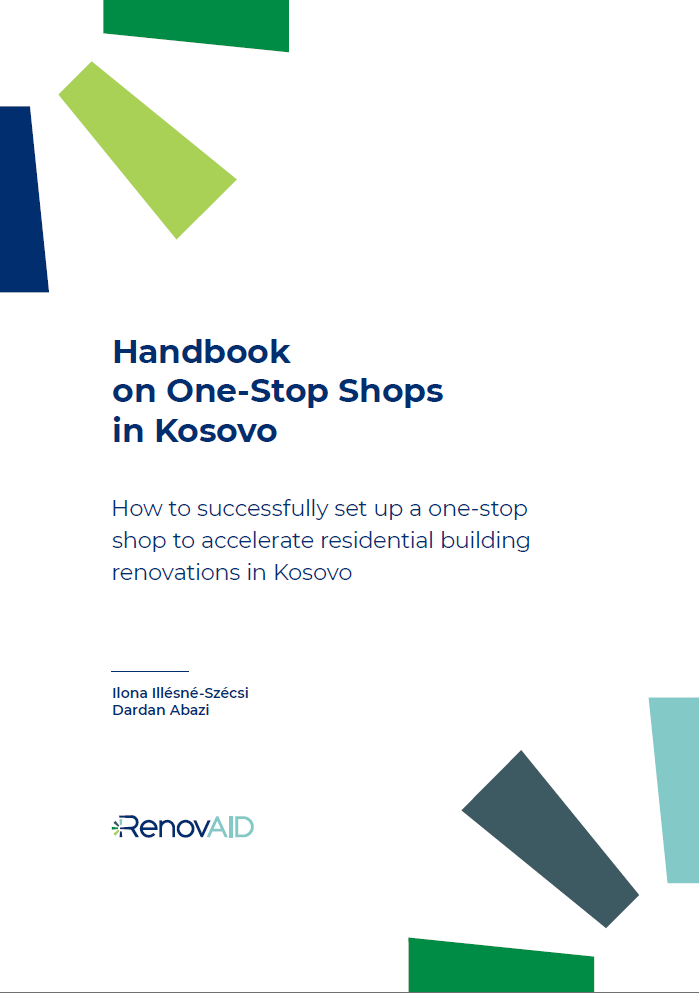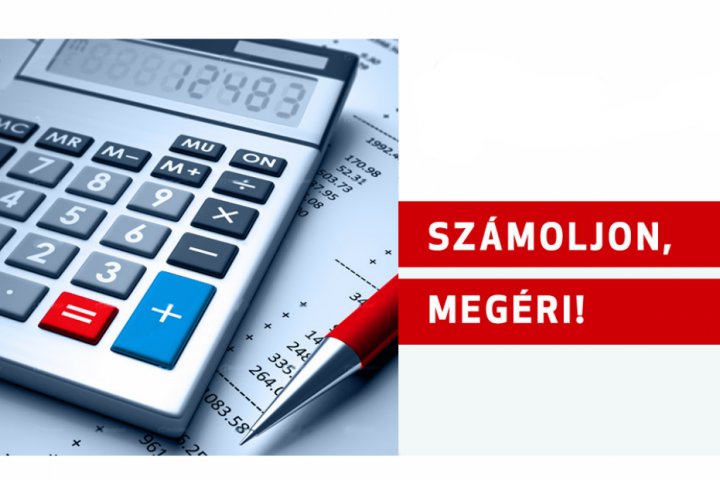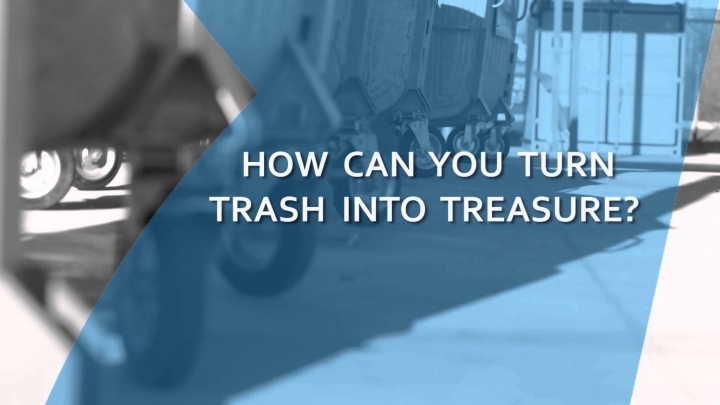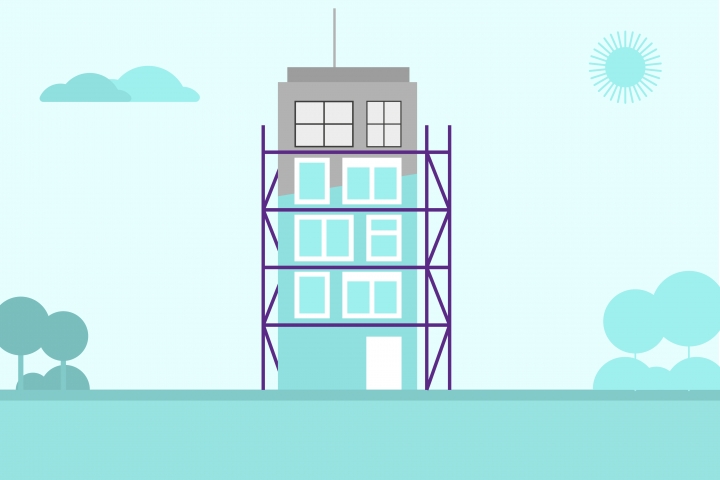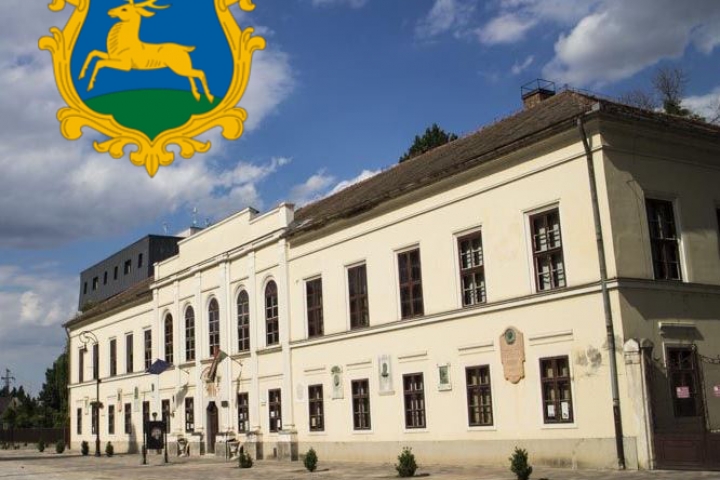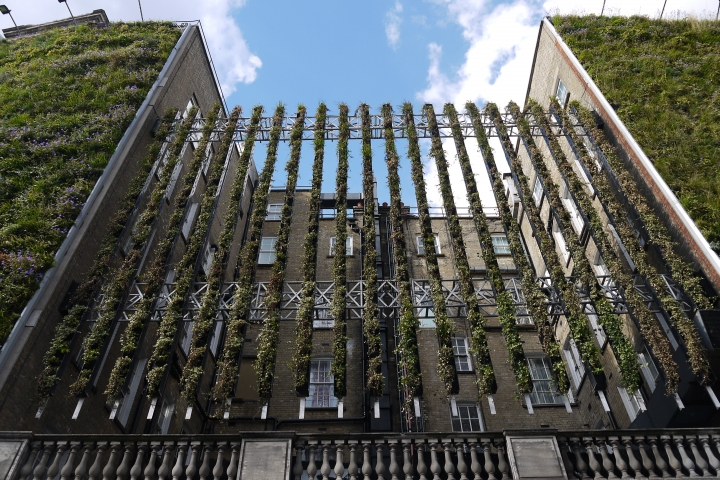Two New Handbooks Support Residential Building Renovation in Albania and Kosovo
Local governments in Albania and Kosovo now have access to comprehensive, practical guides to help them establish one-stop shop advisory services aimed at supporting residential energy renovation. Developed under the RenovAID project, the two new handbooks—Handbook on One-Stop Shops in Albania and Handbook on One-Stop Shops in Kosovo—provide step-by-step guidance on how to create effective OSS (One-Stop Shop) systems in the capitals of Tirana and Pristina.
From Energy Poverty to Climate Neutrality—Local Responses to EU Expectations
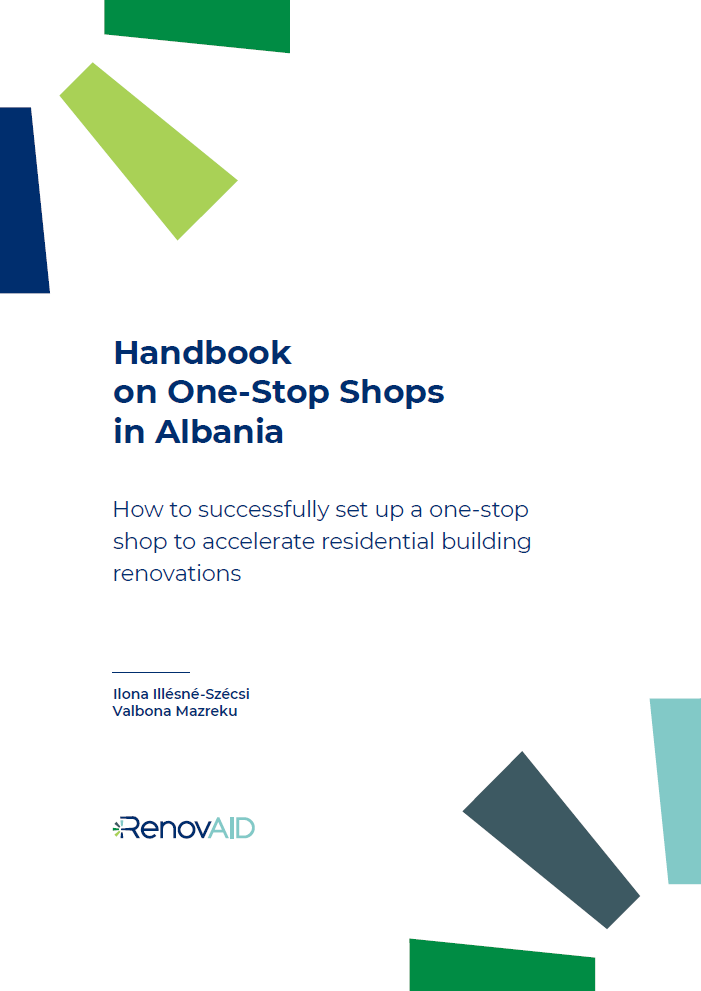 AThe European Union aims to become climate neutral by 2050 and to reduce its greenhouse gas emissions by at least 55% by 2030 compared to 1990 levels. Improving the energy performance of the building stock plays a key role in achieving this goal—especially in areas where the vast majority of property owners are private individuals. In Albania, for instance, 95.9% of the population live in owner-occupied housing, which makes targeted support, training, and information for homeowners particularly important.
AThe European Union aims to become climate neutral by 2050 and to reduce its greenhouse gas emissions by at least 55% by 2030 compared to 1990 levels. Improving the energy performance of the building stock plays a key role in achieving this goal—especially in areas where the vast majority of property owners are private individuals. In Albania, for instance, 95.9% of the population live in owner-occupied housing, which makes targeted support, training, and information for homeowners particularly important.
Although Albania and Kosovo are not EU member states, both countries are working toward EU accession. The EU therefore actively supports them in starting to align with the acquis communautaire, particularly in the field of energy and climate policy, where preparation is a long and complex process. The aim of such support is to lay the groundwork for meeting future membership obligations and to promote socio-economic convergence.
One-Stop Shops: Easier Renovation, Greater Impact
The goal of the two newly published handbooks is to provide practical guidance to decision-makers and advisors in Albanian and Kosovar cities on how to make energy renovation more accessible and transparent for the public. The one-stop shop (OSS) model is designed to bring together all the necessary services—technical advice, financial opportunities, legal information, contractor databases, etc.—into a single, coordinated platform.
The handbooks address, among others, the following topics:
- The definition and types of OSS models and their alignment with EU expectations
- Involvement and motivation of key stakeholders (local governments, advisors, contractors)
- Website structure, the role of consultants, and professional databases
- Good European examples: Ireland, France, Hungary
- Sustainability: business models, legal forms, promotional aspects
- Situation analysis in Albania and Kosovo
- Recommendations for Tirana and Pristina
Education, Knowledge Sharing, Action Plans
The handbooks are part of the RenovAID project’s comprehensive knowledge transfer package. The aim is to prepare the municipalities of Pristina and Tirana to develop their own OSS systems. Accompanied by educational videos, study visits, and targeted training sessions, the handbooks also help cities gain hands-on experience and develop action plans tailored to their local context.
In compiling the materials, experts from the Energiaklub Climate Policy Institute built on previous research and the results of successful EU projects (QualDeEPC, iBroad, Crosscert) to produce a detailed analysis of the operational conditions of OSS models, applicable business models, and key sustainability factors.
The Next Step: Implementation
These handbooks are not merely theoretical documents—they aim to directly support Albania and Kosovo in their energy transition and to create the conditions necessary for launching a user-centered, effective OSS network.
